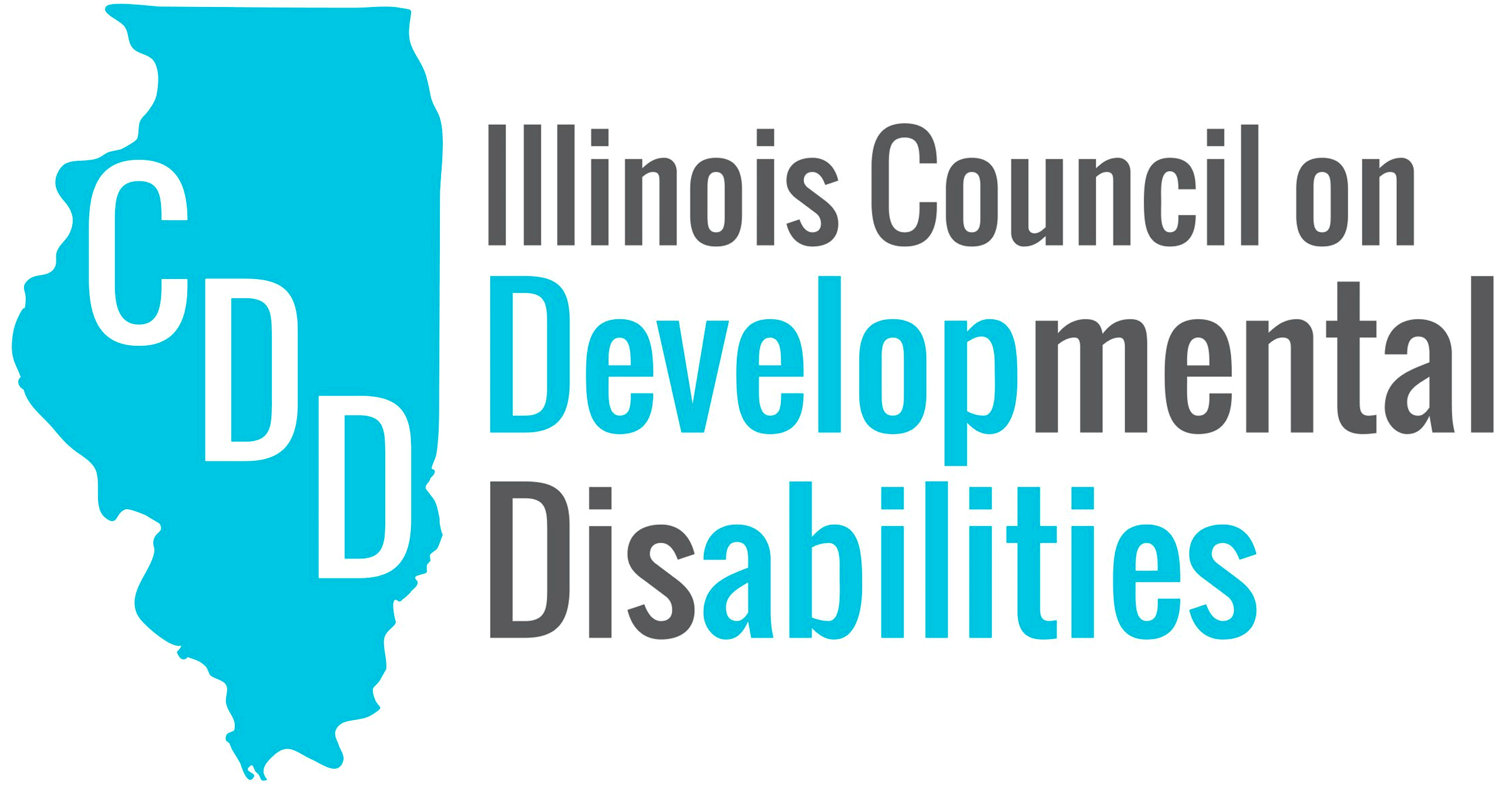Frequently Asked Questions
- 1. Is the Illinois Council on Developmental Disabilities a state agency?
- 2. What is the role of the Council?
- 3. Does the Council provide funding for direct services?
- 4. Who makes up the Council?
- 5. What is a developmental disability?
- 6. Where is the Council located?
- 7. How can I get directions to the Council's offices?
Yes, the Council is an independent state agency, but we receive all of our funding from the federal government.
The Council advocates for the inclusion of people with developmental disabilities.
No, the Council does not provide any funding for services. The Council releases Calls for Investment (CFIs) for various grant opportunities related to systems change type projects.
The Council is comprised of no less than 60% individuals with developmental disabilities and/or their family members. In addition, there are also several state agency representatives that serve on the Council.
The Council follows the federal definition of developmental disability, which is:
A severe, chronic disability of an individual that:
- is attributable to a mental or physical impairment or combination of mental and physical impairments;
- is manifested before the person attains age twenty two;
- is likely to continue indefinitely;
- results in substantial functional limitations in three or more of the following areas of major life activity: self care, receptive and expressive language, learning, mobility, self direction, capacity for independent living and economic self sufficiency; and
- reflects the individual's need for a combination and sequence of special, interdisciplinary, or generic services, individualized supports, or other forms of assistance that are of life long or extended duration and are individually planned and coordinated; except that such term, when applied to infants and young children means an individual from birth to age 9, inclusive, who has a substantial developmental delay or specific congenital or acquired condition may be considered to have a developmental disability without meeting three or more of the criteria described above if the individual, without services and supports, has a high probability of meeting those criteria later in life.
We have two offices, one in Springfield and one in Chicago.
Follow the link for directions to the Springfield office.
Follow the link for directions to the Chicago office.

